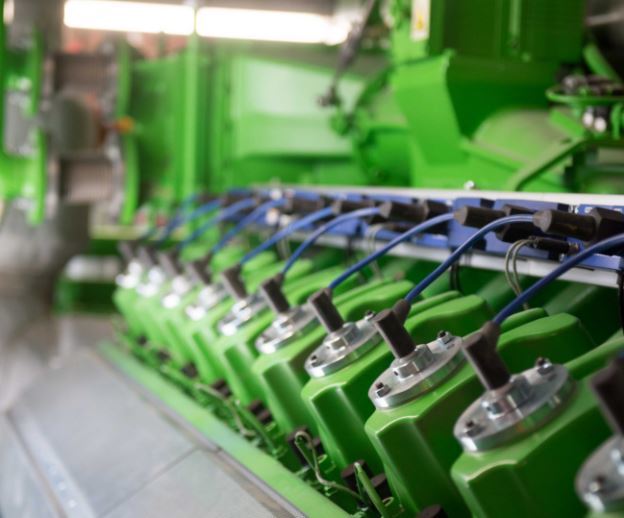
South Gloucestershire Council’s spatial planning committee has rejected Immersa’s proposal to build a battery energy storage system (BESS) compound at Earthcott Green north of Bristol.
In a decision issued on June 20, the council cited the fact that the proposal site was located within the Green Belt as the reason for the refusal.
“The proposal does not fall within the limited categories of development normally considered appropriate within the Green Belt,” the council wrote. It added that it did not consider Immersa to have demonstrated that circumstances applied that would allow the normal restrictions on Green Belt development to be overridden.
The rejection is the second one for Immersa’s proposal. The council’s development management committee refused to grant permission for the same plans in a 5-3 vote in May, citing similar reasons and also safety concerns relating to lithium use for the project.
However, because the earlier decision went against planning officers’ advice to approve the plans, the proposal was passed on to the more senior spatial planning committee.
Immersa did not immediately release any statement on its website or social media, but according to a local media report in the Bristol Post, the company said it was considering legally challenging the decision. Energy Voice has contacted Immersa with a request for more information on its next steps.
Battery storage
According to documents submitted to South Gloucestershire Council, the site would have hosted 176 battery containers, measuring 2.896 metres in height, 2.438 metres in depth and 6.058 metres in length. Auxiliary transformers would be located alongside these containers, and a central transformer station would be used to connect the site to cabling. Plans also included a control tower and control room.
The project was aimed at storing energy produced by renewable sources such as solar power for use during periods of high demand, thus helping to address the intermittency issues associated with renewable generation. Immersa had also talked up the energy security potential of the project in the event of outages on the national grid.
“This development would provide energy security to the 300,000 people in South Gloucestershire, protecting the electricity supply in the event of a grid failure,” the Bristol Post quoted an Immersa representative, Sian Griffiths, as saying.
“This proposal comprises 200MW of storage capacity, sufficient to supply the homes in South Gloucestershire and Stroud with power for six hours.”
Griffiths also pointed to the cost-saving potential of battery storage, noting that it could maximise the use of lower-cost renewable energy against the backdrop of elevated natural gas prices.
Safety concerns
While neither the local fire authority nor the Health and Safety Executive (HSE) had issued objections to Immersa’s application, councillors were reported to have raised safety concerns during the recent meetings. In particular, the Bristol Post cited Alveston parish councillor Marion Reeve as discussing the potential risks of a lithium explosion close to residential properties in the area.
However, Immersa’s CEO, Robert Miles, had previously sought to reassure councillors and local residents about the safety of the technology involved.
“I can categorically reassure members that the technology being proposed today is safe,” Miles was quoted by the Bristol Post as saying in May.
“Not only are we proposing a different technology to the small number of reported incidents but they are highly sophisticated, have numerous built-in failsafes and are monitored 24 hours a day,” he continued.
“The high-pressure gas that most of us have connected to our homes has a greater chance of explosion and fire than the batteries we use.”
Ultimately, though, it is the development of the project on the Green Belt rather than the safety concerns that derailed Immersa’s plans, at least for now. According to the council’s decision, appeals against the refusal can be made to the UK Planning Inspectorate.
